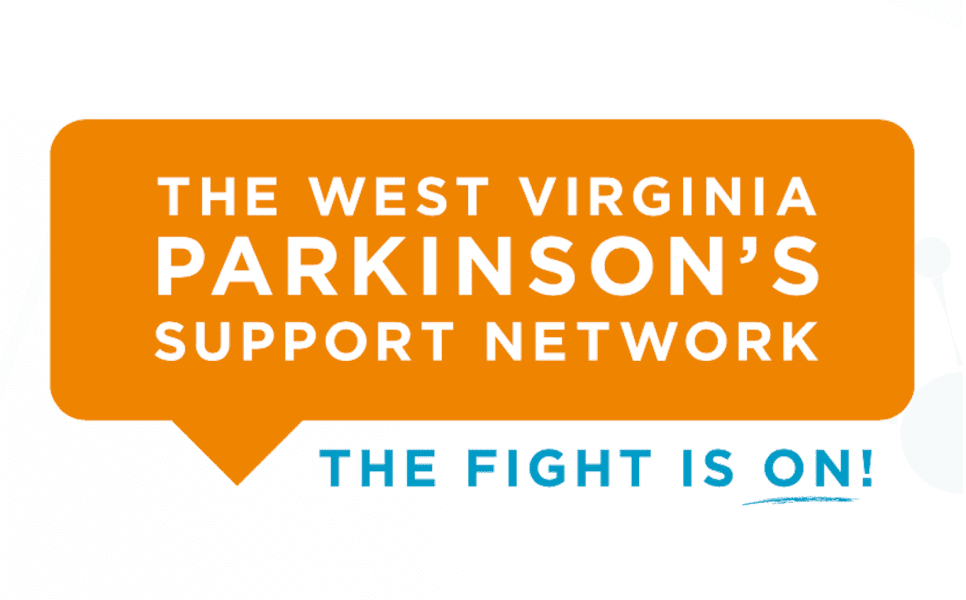Parkinson’s Registry
Give Back
On July 13, 2023, A Congressional subcommittee passed H.R. 2365, “The National Plan to End Parkinson’s Disease.” The legislation was unanimously approved by the House Energy & Commerce Committee’s Subcommittee on Health. The bill is now with the full Energy and Commerce Committee and, if approved, reported to the full House of Representatives.
The National Plan legislation will create an advisory council comprising members of federal agencies that support research, care, and services for Parkinson’s, plus patients, care partners, researchers, clinicians, and other non-federal experts.
The legislation is the first-ever, Parkinson’s-only legislation to be considered by Congress. Once the bill passes the House, it will then head to the U.S. Senate for approval.
This is a top priority of The Michael J. Fox Foundation, Parkinson’s Foundation and other groups. The heavy lifting is being done by Ted Thompson, Dustin Watson, Drew Hatter, and Julia Pitcher.
The entire West Virginia Congressional team has agreed to be co-sponsors of the House (Miller and Mooney) and Senate (Capito and Manchin) versions of the bill. Sen. Capito is the lead sponsor of the bill in the Senate
Client




